Writing From Scratch #1
Writing from Scratch #1
Welcome to Writing from Scratch!
I’ve been writing a long time, and sometimes it feels like I lose the trees for the forest. Writing from Scratch is a chance for me (and you!) to get back to the basics of storytelling.
If you’ve never written a story before, if you’ve never felt like you could come up with one that would be worth writing, my hope is that if you follow along with me here, you will have the confidence and know-how to come up with an idea, build it into a story, and share it with the world.
These posts will be little, easy-to-digest nuggets. At the end of every post, look for a prompt and share your response in the comments!
What Is a Story?
A story can be defined by what it contains: at least one plot, character, and setting, and a style through which it is told.
Story Bits
To begin, let’s take a look at the second smallest unit of a story – the sentence. A sentence is a set of words that conveys a complete thought. And communication is fractal, meaning each part shares the same pattern as the whole. A story and its components, therefore, will also convey a Complete Thought.
Read More on WordPress
More Posts from Feralpaules and Others
Quick Plotting Tip: Write Your Story Backwards
If you have a difficult time plotting, try writing or outlining your story backwards—from the end to the beginning. Writers who have a difficult time outlining, plotting, and planning their stories often benefit from this technique. You’ll need a general idea of what your story is about for this to work, and of course you need to know the ending, but you might be amazed how helpful this trick can be.
Why is writing backwards easier? Basically, instead of answering the question “this happened… now what comes next?,” you’ll be answering the question “this happened… so what would come right before that?” which narrows the possibilities for your next move and can help keep your story on track. (Incidentally, it’s also the way Joseph Gordan-Levitt’s character comes out on top in the film The Lookout.)
Writing backwards can also help you more tightly weave together your subplots, themes, and character relationships, and keep you from going too far down any irrelevant rabbit holes.
If you don’t want to write or outline completely backwards, remember that you’re free to jump around! If you’re feeling stuck in your story or novel, jump to the middle or end and write a few scenes. Many writers get stuck because they feel they have to write their story linearly from beginning to end, which results in an overdeveloped (and often irrelevant) beginning and an underdeveloped ending.
So go work on that ending! It’s much more likely that you will need to change your beginning to fit your ending than the other way around, so spend time on your ending sooner rather than later!
Outlining: one writer’s approach

…So I was puttering around on Twitter the other day, as one does, and in mid-putter found that someone on my timeline had just RT’d some tweets from a discussion about which approach to writing a book (or other longish piece of prose) was the best: pantsing or plotting. (”Pantsing”, for those of you who may not have come across the term, indicates just sort of making up a story as you go along, without establishing an underlying structure first or (sometimes) knowing how it’s going to end. “Plotting” means having some kind of plan about where the story is going to go – which I would normally take as meaning a premise or outline of some sort.)
And the person at the core of this particular thread, Rebecca F. Kuang, said this:
wait can someone who isn’t a pantser actually explain themselves? how detailed does your outlines get? do you really know the sequence of and content of every scene ahead of time? how you figure out smaller plot threads before you’re ~in~ it?
Since I’m emphatically not a pantser, but a four-decade plotter, I thought maybe I could bring something useful to the discussion. I asked how much detail on the process was wanted? as I’d been doing this for a while.
Rebecca said:
haha well what i’m most curious about is how you can “feel” the story’s tone/heft/urgency and connect with the characters and their plight from an abstract outline? i’d like to plan more, but i have a hard time thinking from a birds eye view
It’s a good question. But for a moment there I was brought up short, as the concept of an “abstract” outline kind of startled me. I couldn’t imagine what kind of outline that would be. And then the horrible thought occurred: Wait. Can it be that when some of these folks hear “outline” they’re thinking about that godawful high-school English kind of thing? Full of Roman numerals and numbers and capital letters and small letters – ?
Oh gods no. No no no no no no, it’s not like that at all.
…So I got into the subject a little: what novel outlines can look like, the trick I was taught about how to structure them, and how to make them work for you. (There are some references to Scrivener in there, because that’s what I use, but the advice will work perfectly well no matter what software or other instrumentality you’re using. My outlines tend to start out with pen and writing paper, but they don’t stay on paper for long.) There are also a couple of examples of the kind of outline you would send an editor when querying.
The thread got long, and a little disjointed. So when it was over I cut my bits together and polished them a little; and at the end added one (extremely important) afternote. Then I put it up on my main blog, right here. So if this is a subject that might interest you, maybe you want to take a look, as (to my great pleasure) I’m already hearing from people who say they’re finding the info / approach in the post useful.
Just as an FYI: A copy of the post will also go up on FicFoundry.com when that site goes live at the end of the month, as that’s where all my writing stuff will be going from now on. (It was past time that whole batch of content had someplace of its own. That’s getting sorted now.)
…And now back to work. (Yet another outline, as it happens…) :)
you can make nearly any object into a good insult if you put ‘you absolute’ in front of it
example: you absolute coat hanger

I love the image of the princess and the pea, though I don’t love the idea of being tall making you smart, but I see the concept of what’s happening here and the stack of books is mesmerizing.
On Creating Odious Characters
On Creating Odious Characters
[For those who care, I’m sorry I haven’t been writing as much. Two novels (one in edits, one in first draft stages) and two plays (one as an actress, one as a director) plus this blog are rather difficult to balance.] Actors never lie. It’s one of our major tenets. When an actor lies on stage, the audience can tell, the audience feels cheated. By “lie,” of course, I mean “not fully commit or…
View On WordPress
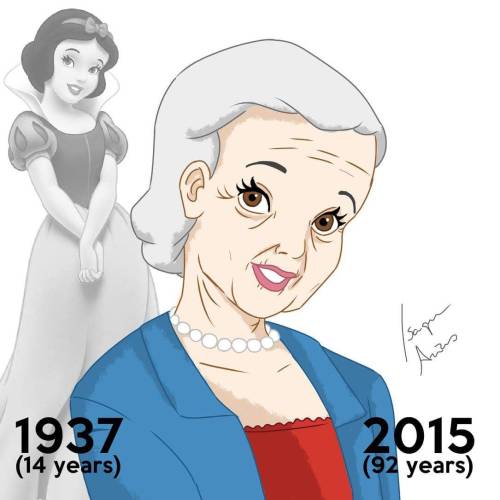
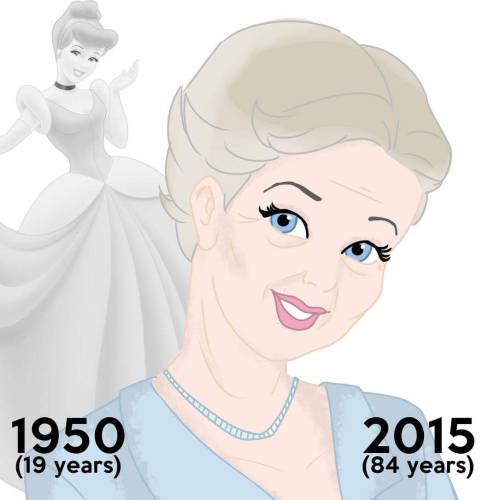
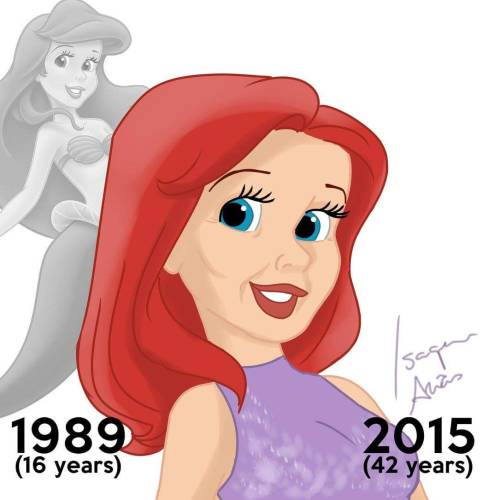
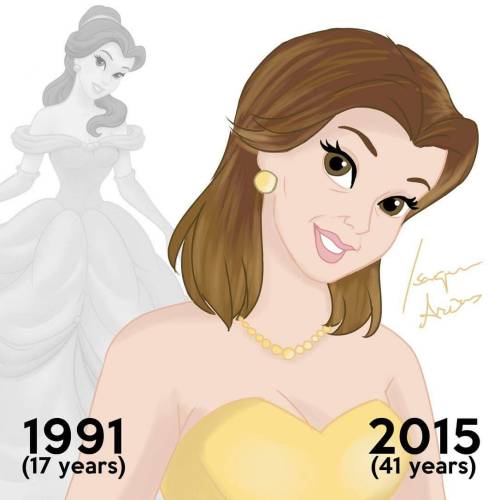

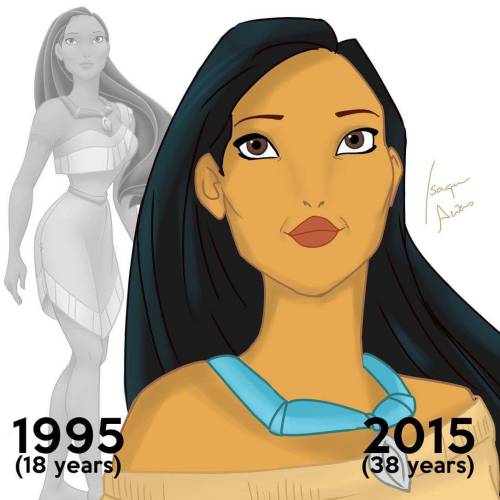

Disney Princesses at their Current Ages
Downton Abbey Blues
Downton Abbey is over. Naturally, I’ve been watching the series over again on Prime. But that and the latest season of Daredevil aren’t enough for me. So, I thought I’d share some other period shows with awesome ladies being awesome. They’re listed in chronological order from the time period. 1928-1931: Miss Fisher’s Murder Mysteries (on Netflix) The Honorable Miss Phryne Fisher hasn’t taken…
View On WordPress
Writing from Scratch #4
The Milieu Plot
The problem of the milieu plot involves a problem of location or setting. The character is often either in a place they need/want to escape from or not in the specific place they need/want to be in. The try-fail cycles will involve traveling away from or to the location. Gulliver’s Travels, The Great Escape, and The Hobbit contain milieu plots.
The Lord of the Rings contains one very large milieu – the problem of getting the One Ring from the Shire where its been hidden for a number of years to Mordor where it can finally be destroyed. We can further break this down into smaller milieu plots. Let’s look at one: the problem of crossing the Misty Mountains. (And we’ll use the events as they occur in the movie, since more people have watched that than read the book)
Read More on WordPress
My 90yr old Irish Catholic grandpa doesn’t miss with my gender. He’s never gotten my name wrong, or my pronouns, never even faltered over it.
It’s all so natural too: son, big man, young man…
We’ve never talked about it. He’s the only one who hasn’t pushed for details. He just accepted it and carried on because it’s not a huge deal.
It’s so comforting.
Writing from Scratch #7: The Event Plot
The Event Plot
The problem of an Event plot is a disruption to the status quo. The solution comes either from setting everything right again or adapting to the change. The Event plot is probably what most people think of when they think “what is a plot?” Any story that deals with a life-changing or world-changing event is an Event.
The first plot I analyzed, from The Expanse television series, is an Event plot. Let’s look at another: The Princess Diaries. As we did with Lord of the Rings, we’ll look at the movie rather than books because more people will be familiar with the movie (which is a damn shame).
The Event: Mia Thermopolis’s grandmother tells Mia that she is the princess of small European kingdom Genovia, and she must take the throne.
Read More on WordPress
-
 theferalcollection reblogged this · 4 years ago
theferalcollection reblogged this · 4 years ago -
 feralpaules reblogged this · 4 years ago
feralpaules reblogged this · 4 years ago
check out my main blog www.theferalcollection.wordpress.com and find fandoms and funstuff on www.theferalcollection.tumblr.com
103 posts